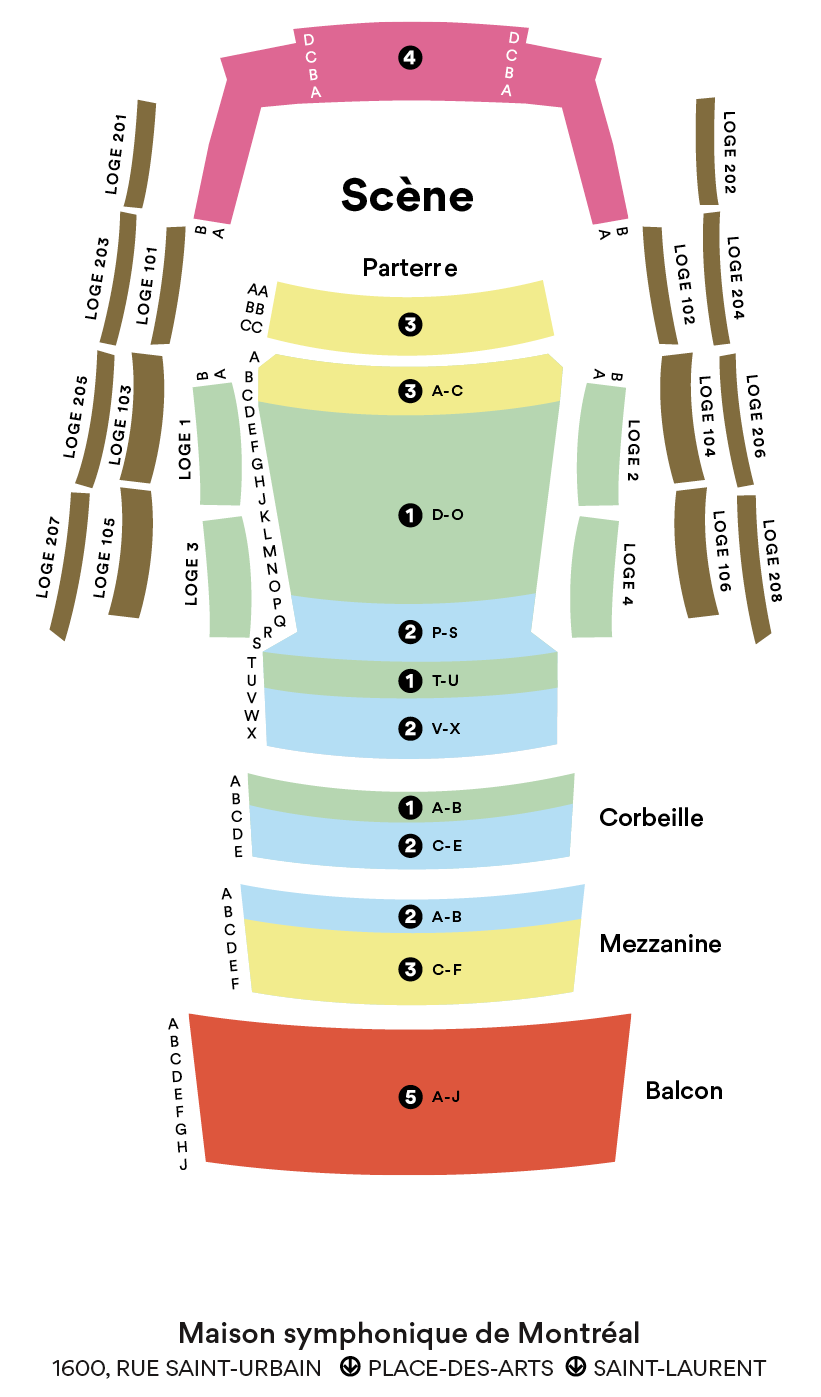The Sorcerer’s Apprentice
Dukas
1865 –1935
The famous tone poem The Sorcerer’s Apprentice is based on a literary poem by Goethe about a young apprentice who, after his master has gone out, attempts to bewitch brooms into performing his workshop chores. At first, the apprentice’s spell appears successful, but he ends up losing all control. The brooms multiply and persist endlessly in casting buckets of water everywhere, while the apprentice is powerless to stop them. Only when the old sorcerer returns is the disaster brought to a halt.
Best-known in the role of the sorcerer’s apprentice is undoubtedly Mickey Mouse. Anyone who has seen the animated film Fantasia will surely remember poor Mickey’s debacles as he panics amid the havoc of his own making. While an amusing misadventure—since it ends happily—from another perspective, this tale is also philosophical in substance. And since the story can be interpreted in many ways, we could, for instance, see in it a critical view of progress: is humanity truly in control of the machines it invents? Or does operating them end up surpassing that control, with sometimes unimagined consequences? One thinks of the ethical issues arising today from our use of artificial intelligence, exemplifying what could go wrong when humans “play God,” as it were.
This masterpiece by Paul Dukas was premiered on May 18, 1897, to instant success. The work’s interest lies mainly in the characteristic contours of its main theme, and in its ability to instill a succession of different atmospheres. In their extraordinary progression, these atmospheres call for various instruments as they reinforce each other to describe the flood of water that escalates to utter pandemonium.
The opening, hovering air of mystery at the outset gives way to good-natured enthusiasm as the first broom is brought to life. The theme, heard in the bassoon, initially appears affable and easy-going, but transforms as the work advances and the brooms multiply. The music then runs apace in an unbridled whirlwind of chaos and bewilderment.
